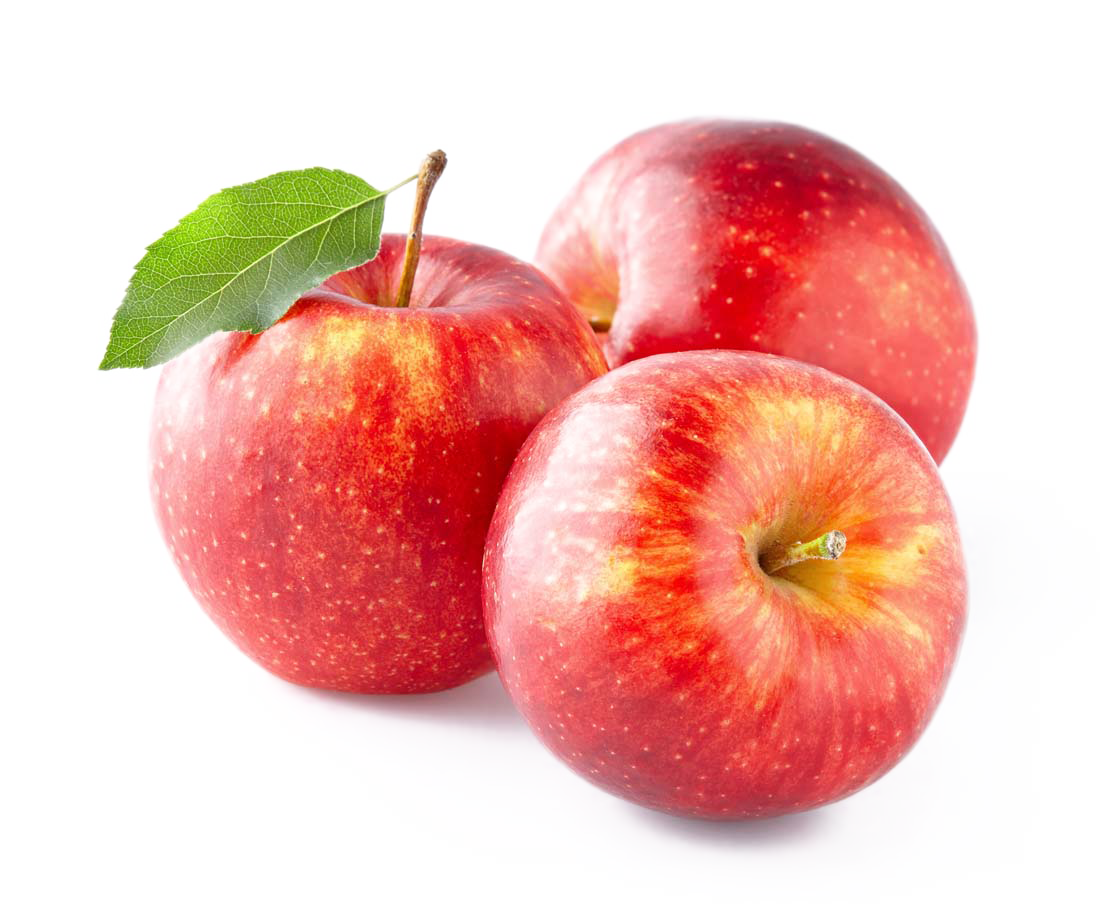PILOT CLUSTER THREE Fruits and Vegetables
Pilot SUmmary
Health and high-quality crops.
Description:
The cluster will focus on supporting farmers in protecting the health and the quality of production, focusing on several fruit and vegetables crops in several European countries. Two pilots are crop oriented: olive and corn pilots will focus on a pest affecting a set of tree crops and one pilot will focus on Precision Farming for a set of Mediterranean tree crops. The pilots will involve the integration of several technologies: existing farming digital platforms, IoT sensor networks, model and Decision Support Systems, Remote Sensing Data, advanced data analysis tools.
Partners involved:
AGRICOLUS (IT), INESC (PT), TRAGSA (ES), VITO (BE), ENG (IT), DNET (RS), AVR (BE), INIAV (PT), UBIWHERE(PT), FENADEGAS(PT).

Pilot projects run under pilot cluster three:
Pilot 3.1 - Decision Support System to Support Olive Growers
Decision Support System to Support Olive Growers
The efficient management of olive orchards requires complex decision-making processes. This is because of the increasing uncertainty and risk associated with olive fruit and olive oil production in a rapidly changing environment.
Pilot 3.2 - Precision Farming for Mediterranean Woody Crops
Precision Farming for Mediterranean Woody Crops
Mediterranean Woody Crops have been severally affected by several challenges such as climate change (water scarcity), pests and diseases. Most of the farms specialising in these crops are small, low on profit and technology, and face high labour costs.
Pilot 3.3 - Pest Management Control on Fruit Fly
Pest Management Control on Fruit Fly
The Mediterranean fruit fly (Ceratitis capitata) is a dangerous pest for a wide range of distribution and host plants. A key challenge is how to deal with agricultural pests like fruit flies while reducing the use of chemical treatments.
Pilot 3.4 - Open Platform for Improved Crop Monitoring in Potato Farms
Open Platform for Improved Crop Monitoring in Potato Farms
Farmers with large areas of potato fields, spread out geographically over several communities, often suffer from lack of sufficient ground truth data (measured yields, crop variety, exact planting date).


